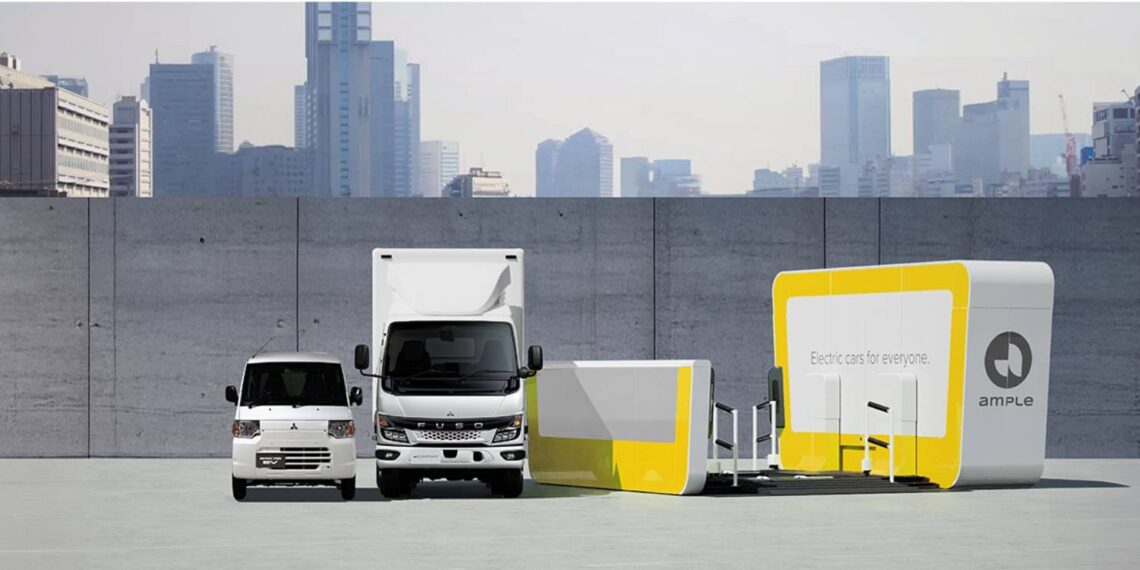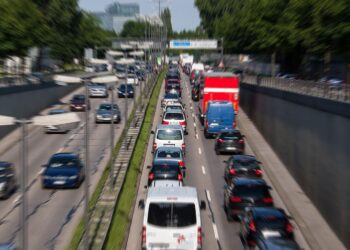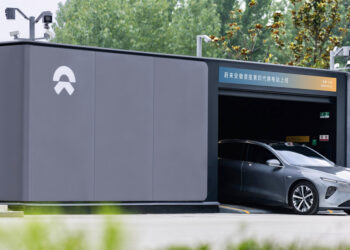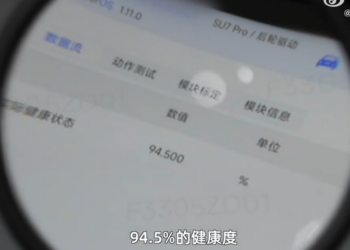The Mitsubishi Fuso Truck and Bus Corporation (MFTBC), Mitsubishi Motors Corporation (Mitsubishi Motors), Ample Inc. (Ample), and Yamato Transport will test a network of 14 battery swapping stations in the city of Tokyo, which will support 150 commercial vehicles.
The now-announced pilot program will kick off in September and follows a smaller pilot project conducted in Kyoto last year.
The project will utilize electric vehicles, including the Mitsubishi Fuso eCanter and the 100% electric Minicab from Mitsubishi Motors (a commercial electric vehicle of the kei-car class with a monocoque design) to serve commercial delivery fleets.
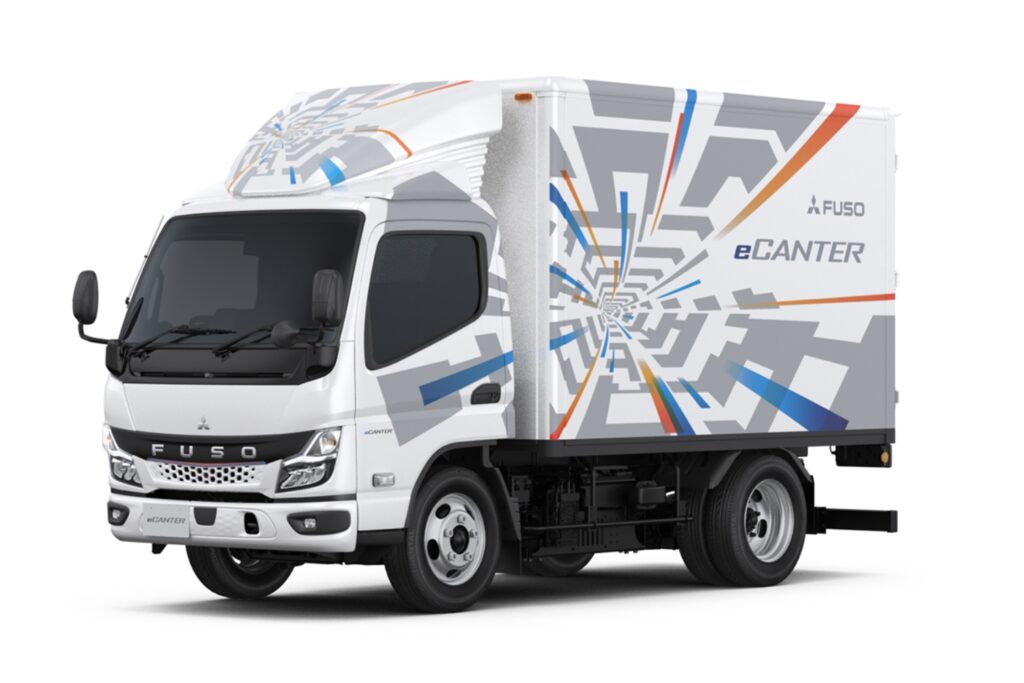
Yamato Transport, the largest transportation and logistics group in Japan and a leader in electrification, will be the first major client of the initiative and will focus on last-mile deliveries. For its part, the American company Ample will provide the battery swapping technology for the participating electric vehicle platforms and will install and operate the battery swapping stations.
One of the objectives of this project is to minimize vehicle downtime during charging. The Tokyo consortium aims for battery swap times of just 5 minutes. Unlike conventional charging or refueling, battery swapping is fully automated, and drivers do not need to exit their vehicles. Ample’s compact and rapidly deployable stations provide a practical solution for high-usage fleets in dense urban environments like Tokyo.
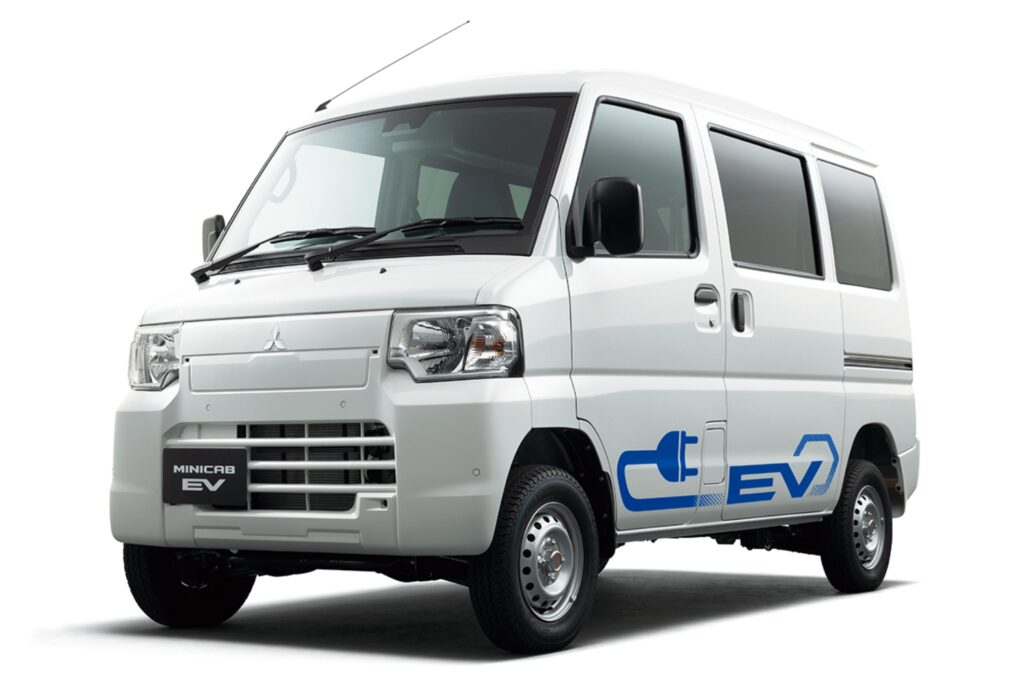
The future deployment of battery swap stations could also provide grid services, such as renewable energy storage, further strengthening their contribution to reducing greenhouse gas emissions.
Mitsubishi revealed that one of the objectives of this project “is to demonstrate how battery swapping can meet the real demands of commercial electric vehicle operators and establish a foundation for commercial battery swapping in Japan’s largest city.”
The initiative directly supports Japan’s ambitious climate goal, which encompasses the entire economy, of achieving carbon neutrality by 2050.
It should be noted that the transport sector was responsible for about 19% of the country’s total CO2 emissions in 2022, making the electrification of the commercial fleet a strategic priority in Japan’s decarbonization efforts.

